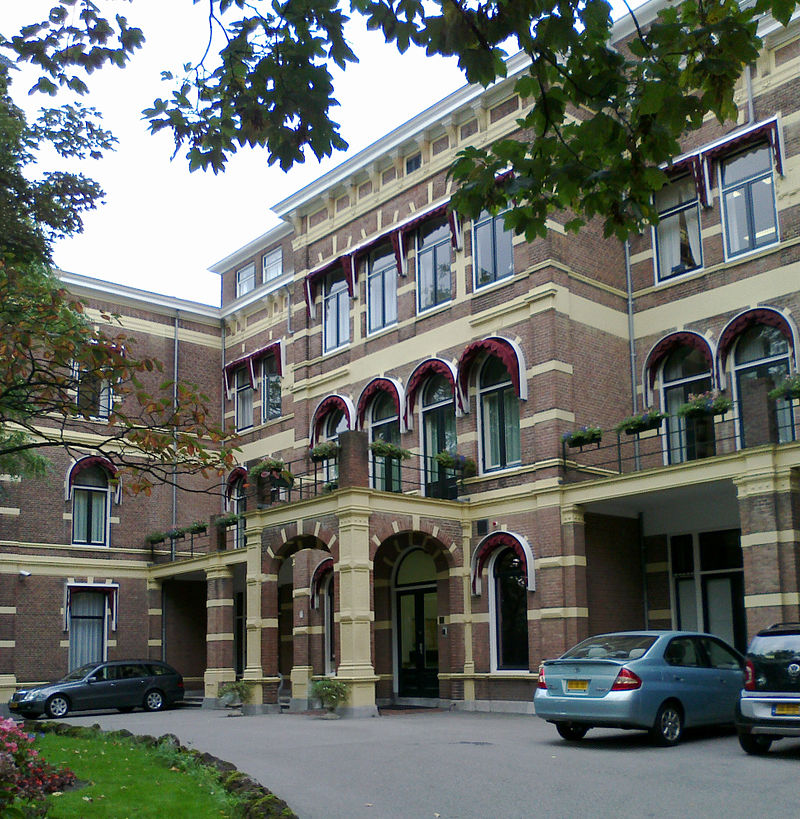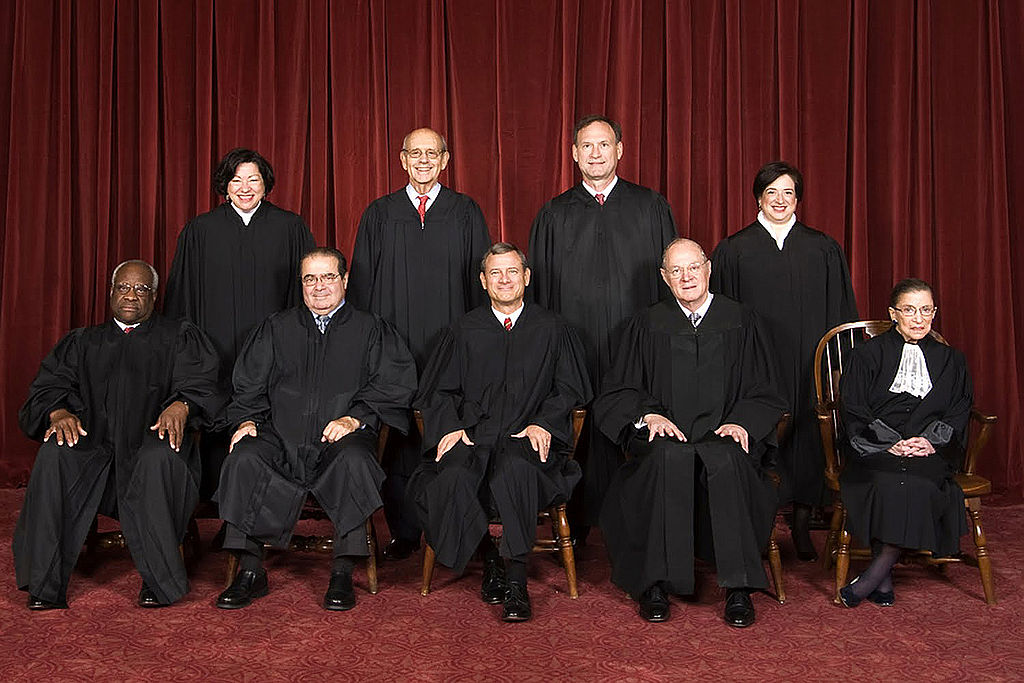January 22-2016

by Warren L. Nelson
In yet another startling devel-opment this past week, the United States and Iran resolved a 35-year-old financial dispute, with Iran simply giving up its position and accepting an American offer that was made in 1980.
There was no compromise or splitting of differences. The Islamic Republic simply gave up its position, something it rarely does.
The United States, however, did not gloat or point out the retreat by Tehran. The US simply stated the settlement, and no one unaware of the issue from 35 years ago would have understood Iran’s retreat. In fact, a number of Republicans ignorant of the issue charged that the Obama Administration had given in to Iran by paying it $1.7 billion.
The announced settlement calls for Washington to pay Iran $400 million plus interest of $1.3 billion, with Iran withdrawing a suit it filed in 1981 with the Iran-US Claims Tribunal in The Hague.
The issue involved Iranian contracts for American military goods that had been ordered under the Shah.
The United States maintained a trust fund. The Iranian government made deposits into that fund for the weapons it wanted. As payments came due, the Pentagon made them to contractors from that fund.
Before the revolution, the Shah’s last prime minister, Shahpour Bakhtiar, canceled most of the weapons orders. After the revolution, the remaining orders were killed by the new government. When the embassy was seized in November 1979 and the hostages taken, the United States froze all Iranian assets in the United States, including that fund.
When the hostage release was negotiated in December 1980 and January 1981, the United States listed that fund and the $400 million still sitting in it as payable to Iran. But Iran wanted more. For one thing, it complained that the United States had deleted sums from the fund as cancellation payments. But Iran also complained that the US had cheated Iran on past weapons sales. Iran refused to accept the $400 million in January 1981 when the hostages were freed and other Iranian assets unfrozen and turned over.
The Claims Tribunal was then set up in The Hague and Iran filed suit there against the United States demanding $11 billion from the weapons fund.
The Pentagon at that time published a quarterly report on weapons sales going back to the 1940s. The Iran Times checked that report and found that, from the end of World War II until the 1979 revolution, the United States had charged Iran $11 billion for weapons deliveries. The Islamic Republic was, therefore, claiming a 100 percent refund for weapons in its possession.
The Iran-US Claims Tribunal long ago settled the 4,700 claims filed by private citizens and businesses. That required Iran to pay $2.5 billion to American claimants. All that remained was a handful of Iranian government suits against the US government, of which the weapons suit was by far the largest.
More than three decades ago, a State Department official told the Iran Times that the issue involved so much paper that, at the rate work was progressing, it would take until the 21st Century to resolve the suit. (He was right.) He said there were tens of thousands of pages of documents. He told the Iran Times—but asked that the newspaper not publish this comment—that Iran would probably win some additional money beyond the $400 million offered by the United States, but questioned whether that added sum would be worth all the time and effort that would be needed. He said there were undoubtedly some errors in all the many transactions that would warrant additional payments to Iran. But he also said there were probably errors that would require Iranian payments to the United States.
At one point, the United States proposed to speed up the case by just reviewing a sample of the documents, say 10 percent, and then multiplying whatever errors where fund by 10 to reach a settlement. But Iran refused that.
The final settlement was reached Saturday with US Secretary of State John Kerry saying Iran would be paid $400 million plus $1.3 billion in interest.
The $400 million is what the US offered Iran 35 years ago this month, but Kerry didn’t mention that. There was speculation that Tehran had requested American silence on that point.
The $1.3 billion in interest payments amounts to about 4 percent compounded annually, though Kerry also avoided saying how the interest was calculated. The current interest rate on US Treasury bonds is 4.6 percent, which is the lowest rate in this century. White House spokesman Josh Earnest said Iran had originally sought $8 billion in interest payments.
The Islamic Republic had not said anything about the settlement before the Iran Times went to press. Iranian media carried only brief news stories based on Kerry’s perfunctory remarks.























